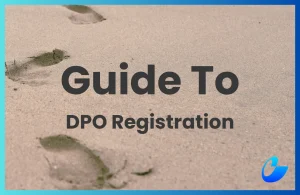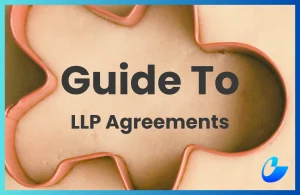Though Malaysia’s Whistleblower Protection Act 2010 (with amendments in 2025) provides whistleblowers with certain safeguards, these protections only apply when disclosures are made to enforcement agencies and does not extend to internal company disclosures.
As a result, fraud, harassment, bribery, or abuse of power can run rampant in organisations as employees, driven by fear and a lack of confidence in the system, refuse to report offences.
A well-designed Whistleblower Policy changes that, empowering everyone from team members to contractors and suppliers to report wrongdoing safely and confidentially.
Protections under the Whistleblower Protection Act 2010
When a whistleblower makes a disclosure of improper conduct to an enforcement agency, they may receive protection under the Whistleblower Protection Act 2010, which include:
- Protection of Confidential Information – The whistleblower’s identity will be kept confidential.
- Immunity from Civil and Criminal Action – Whistleblowers will not be sued or prosecuted for making a report in good faith.
- Protection Against Detrimental Action – Safeguards are in place to protect whistleblowers from retaliation.
For more details, you can refer to an FAQ by the Legal Affairs Division of the Prime Minister’s Department.
Drafting effective whistleblower policies
An effective policy will specify the following parts:
- Scope and Purpose – What types of concerns can be reported.
- Reporting Channels – How to raise concerns and if anonymous reports are allowed.
- Confidentiality Assurance – Emphasises the whistleblower’s identity will be protected and who will have access to the report.
- Anti-Retaliation Guarantee – States whistleblowers will not face disciplinary action or career impact for reports in good faith.
- Investigation Process – Describes how reports will be assessed, investigated, and resolved.
- Feedback and Closure Mechanism – If the whistleblower will know the result of their report.
How it protects your business
A well-implemented whistleblower policy protects your business in more ways than one:
- Early Detection of Problems – Employees are more likely to raise concerns before issues escalate into legal, financial, or reputational damage.
- Strengthens Internal Controls – Encourages a culture of accountability, making unethical conduct harder to hide.
- Enhances Stakeholder Trust – Investors, clients, and partners are more confident when they see proactive governance in place.
- Protects Brand and Talent – A safe environment helps retain good employees and upholds your company’s reputation.
From policy to culture of integrity
A whistleblower policy is only useful if people know it exists, understand it, and feel confident using it.
That means companies must go beyond just drafting a document, they also need to embed the policy into everyday awareness, and here’s how you can put it into practice:
| Convenience |
To ensure the policy is easily accessible to all stakeholders, it can be:
|
| Repeated |
Don’t rely on a one-time announcement. Keep the policy visible and fresh in employees’ minds through regular internal communications such as:
|
| Train Employees |
Hold regular briefings or refreshers and make sure employees know:
|
Ready to strengthen your governance?
There’s a reason a whistleblowing is on our shortlist of most important SME governance policies: it helps build workplaces where people feel safe speaking up, and where integrity is more than just a value.
If you would like guidance on drafting or enhancing your Whistleblower Policy, our team is here to support you. Let’s work together to build a workplace where people feel safe speaking up, and where integrity is more than just a value, it’s part of how you operate.










